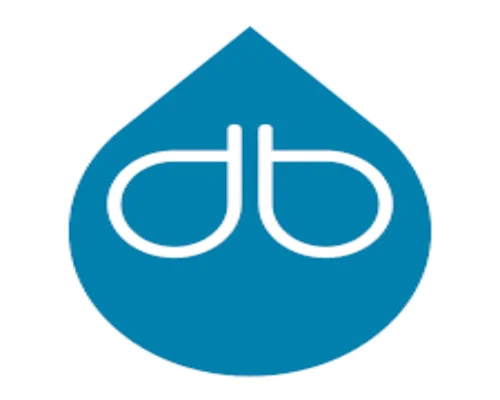GovCMS - lessons from Australia
As a tax payer I want companies who provide frontline public services to make the data they gather in the provision of such services available through Open APIs to other actors in the ecosystem, so that such actors can utilise that data to provide new and innovative services to the public.
News from Australia shared with the DPSX BoF at DrupalCon Barcelona back in September was both good and bad, whilst the Australian government is spearheading adoption with the GovCMS distribution, efforts are we were told loosing steam as the distribution in its current form is quite restrictive requiring significant customisation by individual departments adopting it.
The question is why fork it? why not modularise it? To get some answers that may help us in the UK I reached out to my Acquia colleagues in Australia to shed some light on the matter and this is what they had to say: govCMS is growing and maturing at a good rate after a slow start. The fundamentals have been adjusted to allow for greater openness and community interaction with the distro via github.
The Australian Government is delivering on their aim to work with the community. We are expecting to see further iterations of the govCMS product over the next 12 months that will improve the 'out of the box' experience and allow clients to get sites up and running quickly/cheaply.
Expect to see improvements that either reduce the need for customisation and make custom work easier.The restrictions you mention are by design - they largely relate to the modules available to developers.
By providing best of breed modules, the distro can avoid bloat/cost. The other effect is to focus expertise on those modules so they become easier to implement via experience and documentation that are relevant to this client space. That said, the process of requesting changes has also moved to github in the last few months and is less a 'black box' than it was initially.
As to why govCMS was forked - this largely related to the need Australian Government had to work with a stable platform where they could apply their own governance controls. This will probably mean a distro that evolves at a slow and steady pace, with a focus on security and compatibility. Australian Government is also sensitive to appearance that they are endorsing one vendor over another, or becoming subject to vendor lock in, taking ownership of the distro removes this issue and makes further broad investment by a range of departments more likely." Gavin Tapp | Program Director | Acquia
There are valuable lessons for local councils in the UK seeking to create a local government distribution, which ought to make for engaging conversations at the 13th January 2016 meetup of the DPSX in London.










